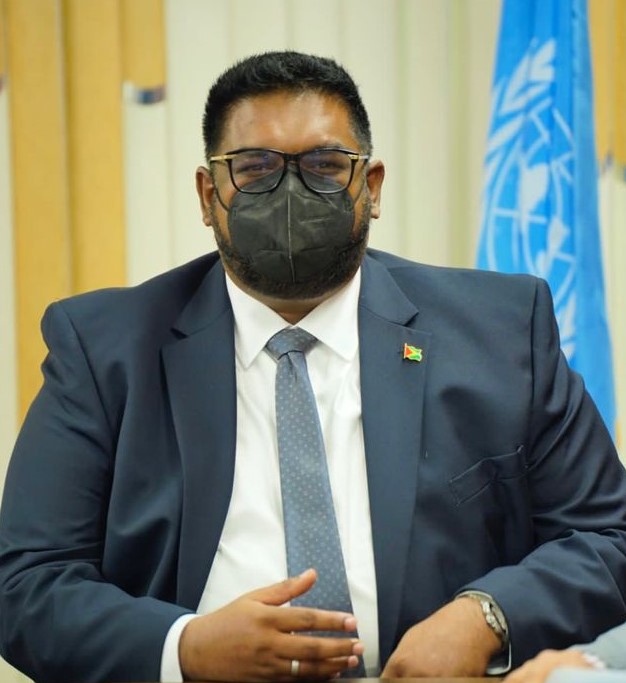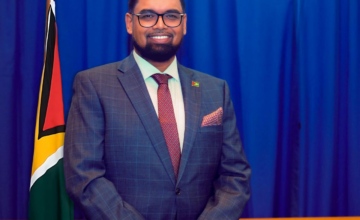
Madame Chair
I am pleased to participate in today’s commemoration under the important theme of “Reparations, racial justice and equality for people of African descent”.
The Durban Declaration and Programme of Action is a comprehensive, action-oriented document that proposed concrete measures to combat racism, racial discrimination, xenophobia and related intolerance and emphasized that equality and non-discrimination are not only fundamental principles of international human rights and international humanitarian law but are at the root of political, social and economic development.
As we collectively strive to achieve the SDGs, we must be conscious that the overarching objectives of poverty eradication, protecting our planet and building a peaceful world cannot be achieved without addressing all forms of inequality. Despite advances made over decades of struggle, racism and racial discrimination continue to be sources of conflicts and inequalities among people in all regions of the world.
I am proud to belong to a country that honours and celebrates its ethnic diversity. Our people seamlessly participate in each other’s religious and cultural festivals and traditions. In many ways, we can be a wonderful example to the world.
Unfortunately, too often in the political arena, ethnic insecurities, real or perceived, and race are used opportunistically to manipulate issues in a manner that promotes tensions and racial feelings. Social media, whilst a powerful tool to inform people, has also been much misused.
The government of Guyana will continue to work assiduously to eradicate all forms of racism and racial discrimination and to ensure inclusive development with equal access and sharing in Guyana’s wealth.
Madame Chair
Guyana welcomes the inclusion of reparations in the theme of today’s meeting.
The abolition of slavery was a defining moment in our country’s history. Every year on Emancipation Day, we recall the heroic courage and sacrifices of our African ancestors in their struggle for freedom and human dignity. Freedom, however, was not accompanied by recompense for the atrocities committed against those enslaved.
Guyana is committed to gaining international reparations for the crime of African enslavement. Reparative justice must not only include a full and unconditional apology from those responsible and/or who benefitted from the transatlantic trade in captive Africans and their consequent enslavement but must go beyond apology.
In this regard, Guyana will continue to support the efforts being made within the Caribbean Community to press for the convening of an international summit to demand reparative justice for the victims of the transatlantic slave trade, African enslavement, and its enduring effects.
Madame Chair
Guyana was pleased to join in adopting the the Political Declaration, earlier today. We reaffirm our commitment to the implementation of the Durban Declaration and Programme of Action.
I Thank you


